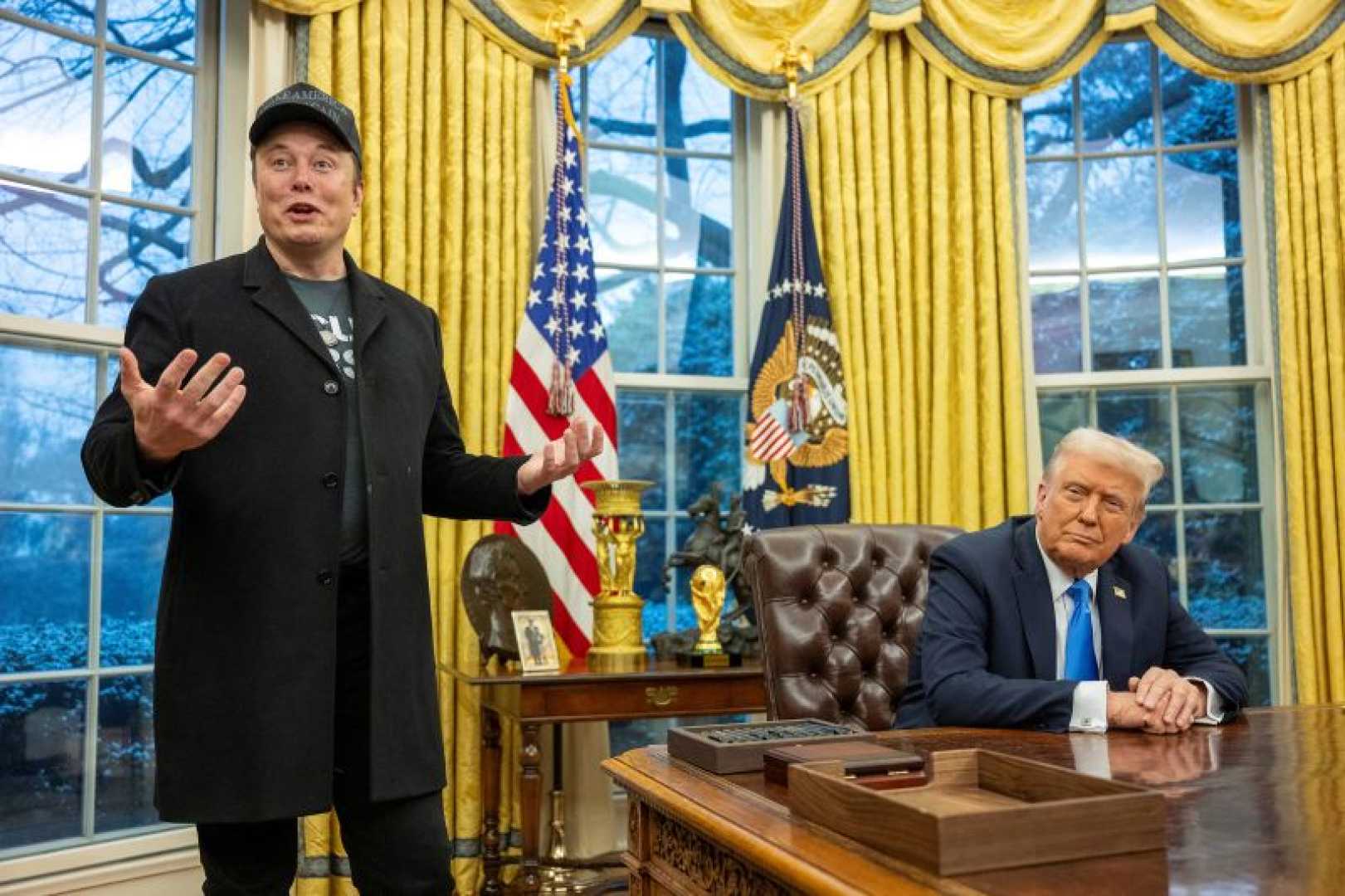Business
Musk’s Departure Leaves Uncertainty Over DOGE Stimulus Checks

MEMPHIS, Tenn. — With Elon Musk‘s resignation from his role in DOGE, uncertainty surrounds the stimulus checks he proposed. DOGE was introduced with aims to cut federal spending, accelerate deregulation, and modernize government technology, promising potential savings of up to $2 trillion annually.
Initially, some advocates suggested that DOGE’s cost-savings could be used to issue tax refunds to taxpayers. However, there has been little concrete action on this front as Congress must approve any proposal for checks to go out.
James Fishback, the creator of the stimulus check idea, outlined the “DOGE dividend” in a proposal that described it as a refund issued to taxpayers. He highlighted how DOGE checks would differ from previous pandemic checks by stating they would not contribute to inflation, as they would be funded by DOGE-driven savings instead of deficit financing.
The concept gained traction when Fishback pitched it on Musk’s social media platform, X, suggesting that both Trump and Musk promote the idea. Musk responded, supporting the idea but emphasized checks would go to higher-income households, contrasting with previous pandemic checks that were distributed broadly.
Fishback noted that the proposed DOGE dividend would focus on households that pay federal income tax, ensuring funds are directed to those who have a lower tendency to spend the payments and a higher propensity to save.
Despite interest from Americans facing inflation, no formal DOGE dividend checks appear imminent. Since Congress has yet to approve any proposal for stimulus checks from DOGE savings, there is no timeline for any potential payments.
The proposed refund checks would be issued per household, not per individual taxpayer, including those receiving Social Security benefits who meet income requirements. Data from the Pew Research Center indicates that many Americans with an adjusted gross income of under $40,000 would not qualify for the proposed DOGE refund.
When Musk first started with the Department of Government Efficiency, he aimed to reduce government spending by $2 trillion. In April, it was announced that DOGE’s savings for fiscal year 2026 would be reduced from $1 trillion to $150 billion.
As of June 3, the total reported savings attributed to DOGE stood at $180 billion, a modest increase from estimates made a week earlier. Every taxpayer is estimated to have saved approximately $1,118.01, up from $1,086.96 as of late May.












